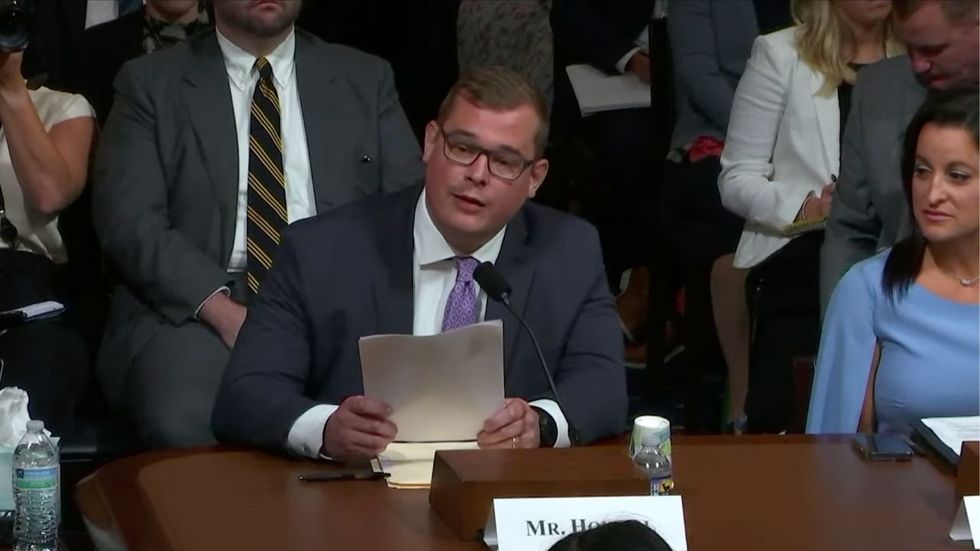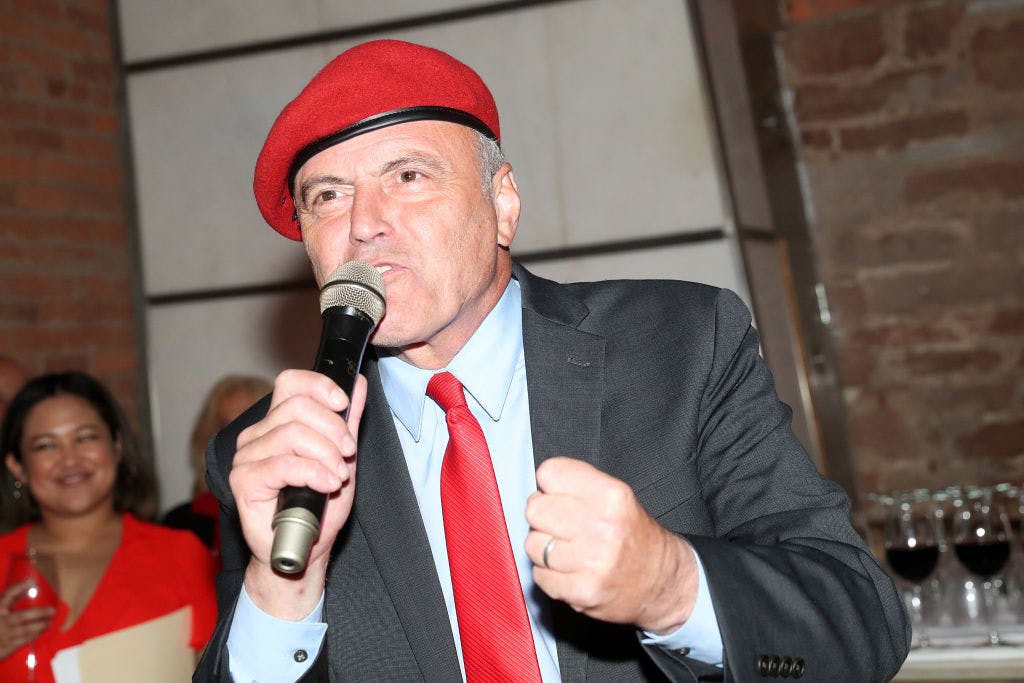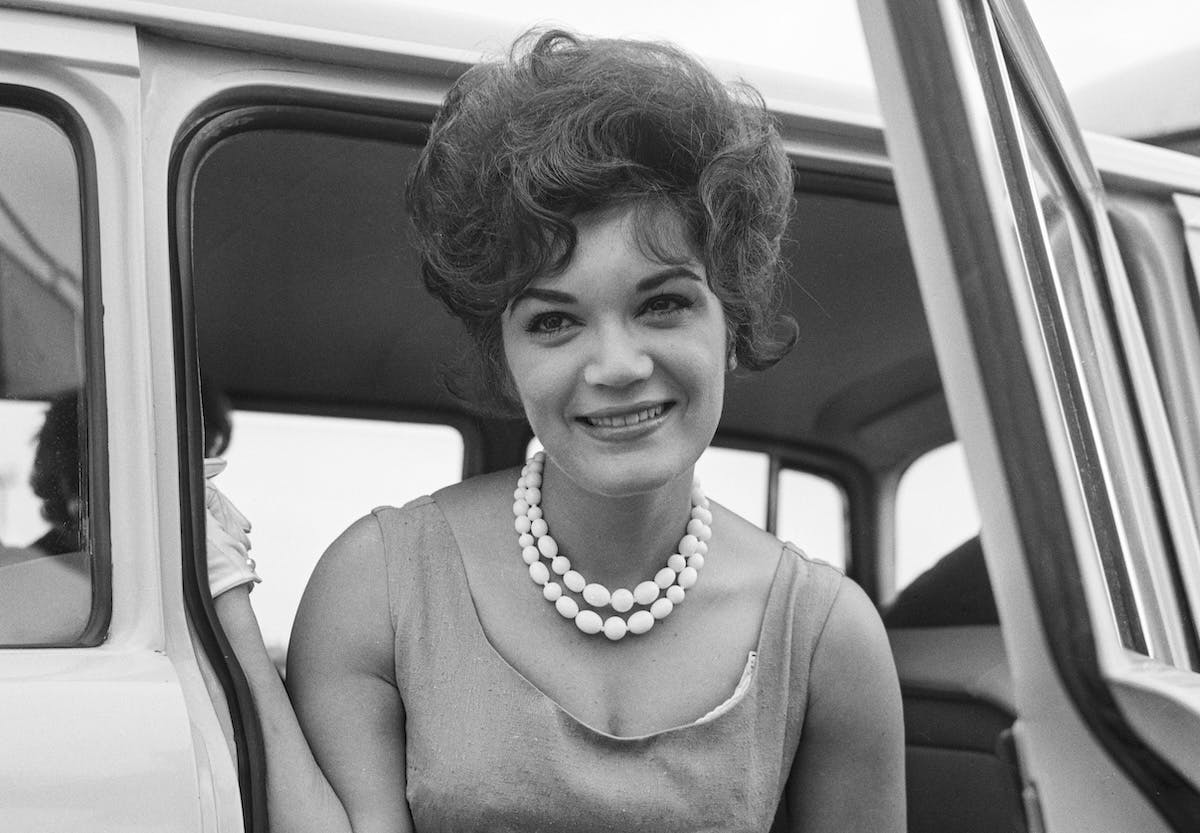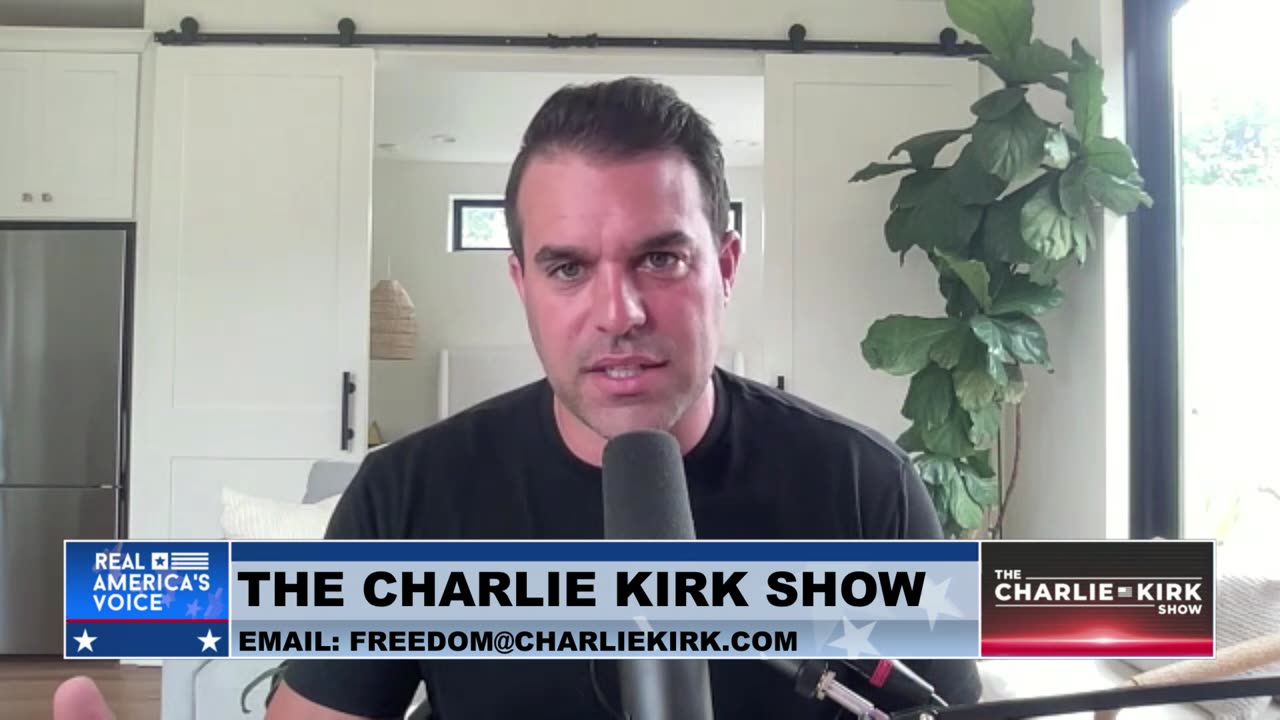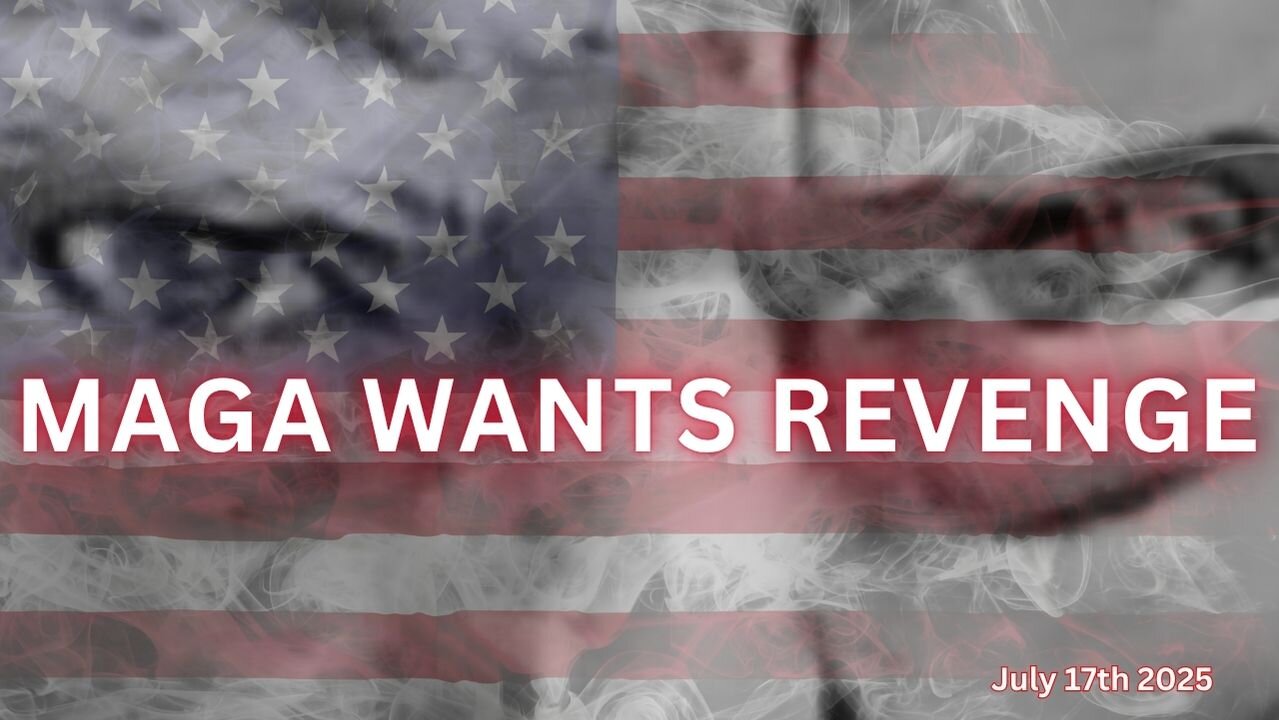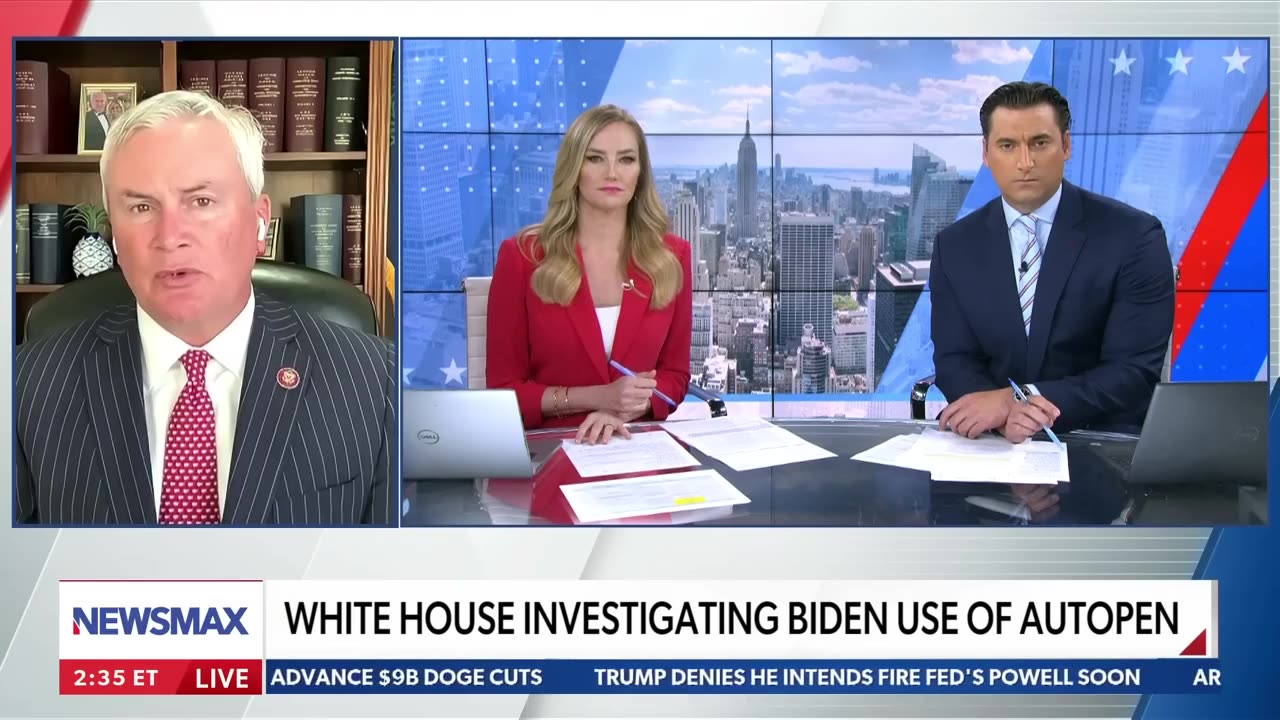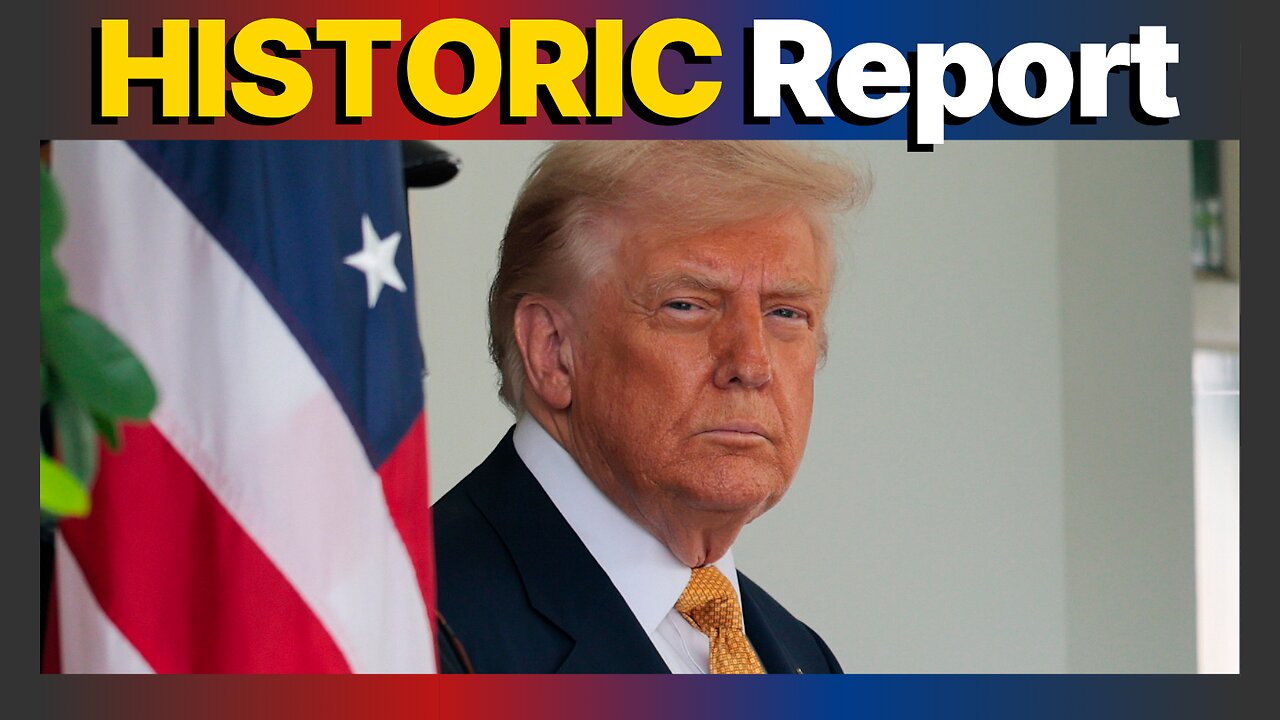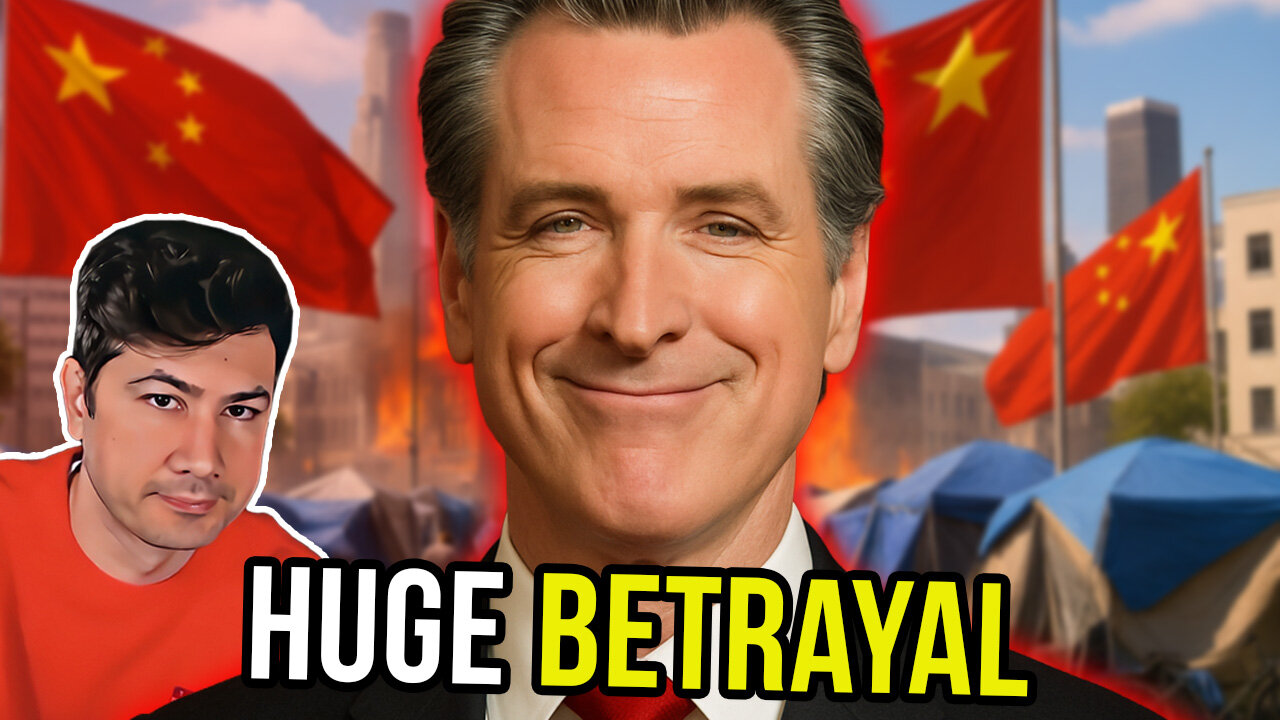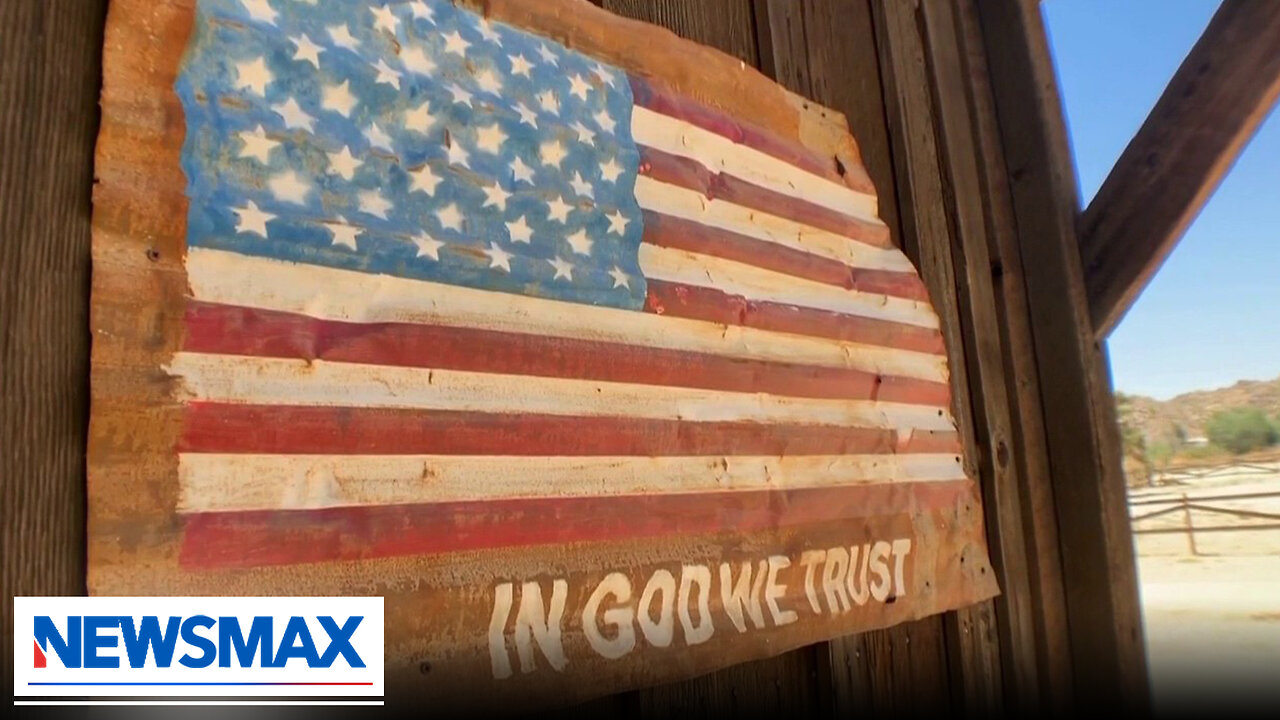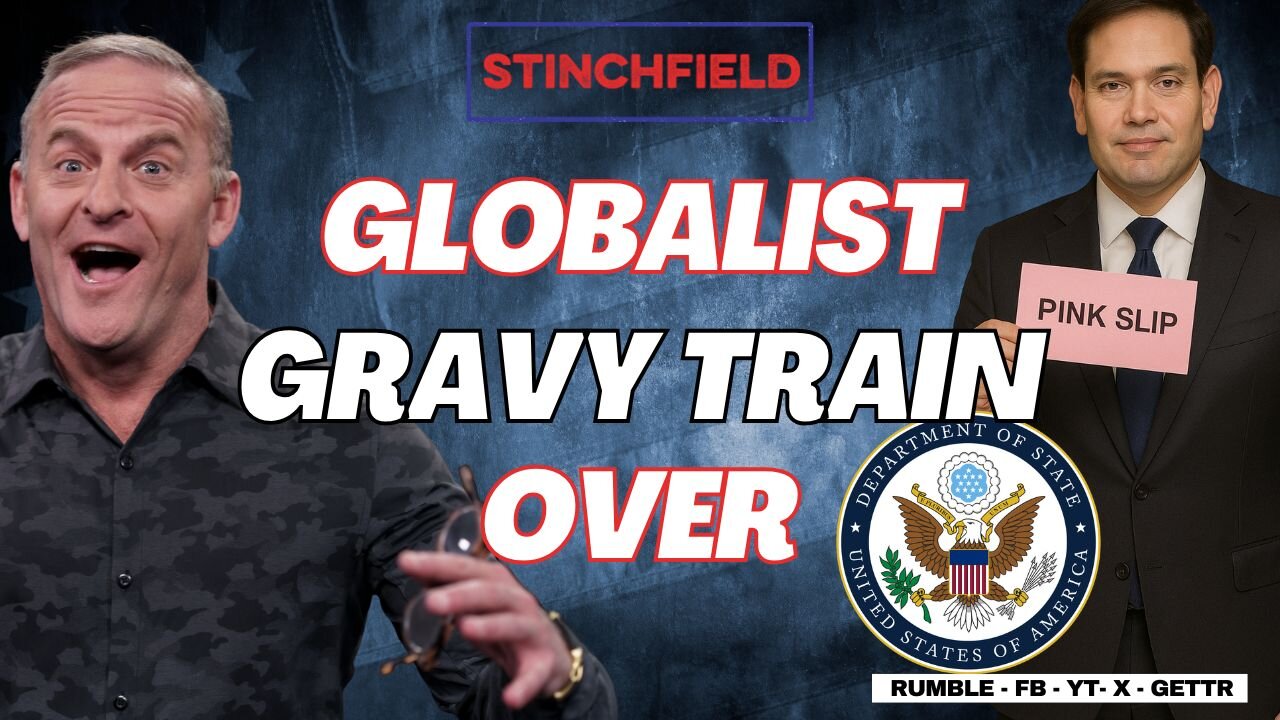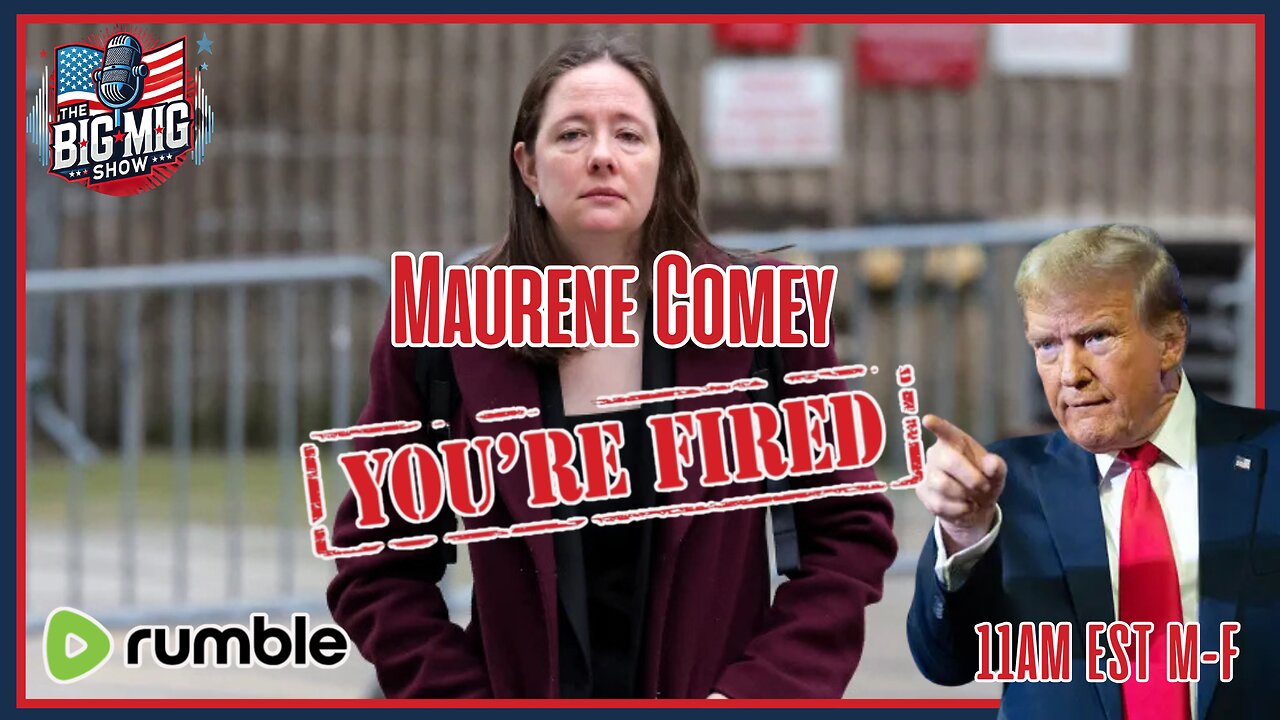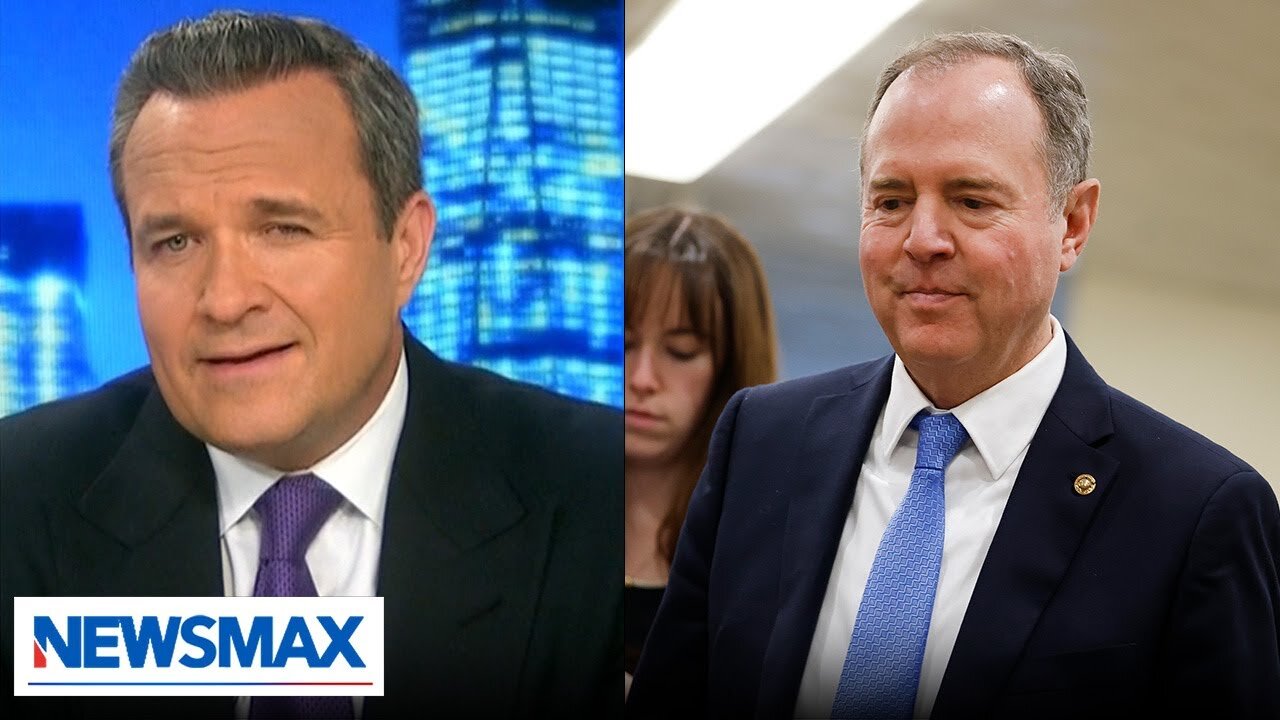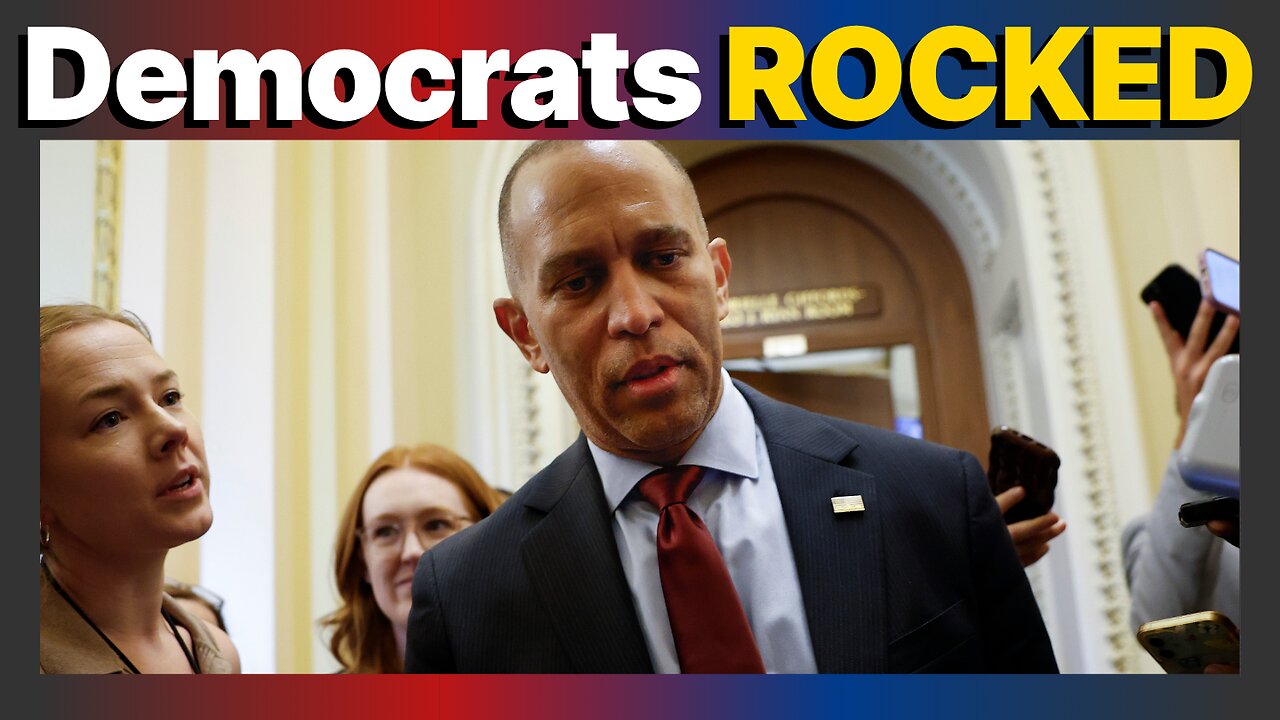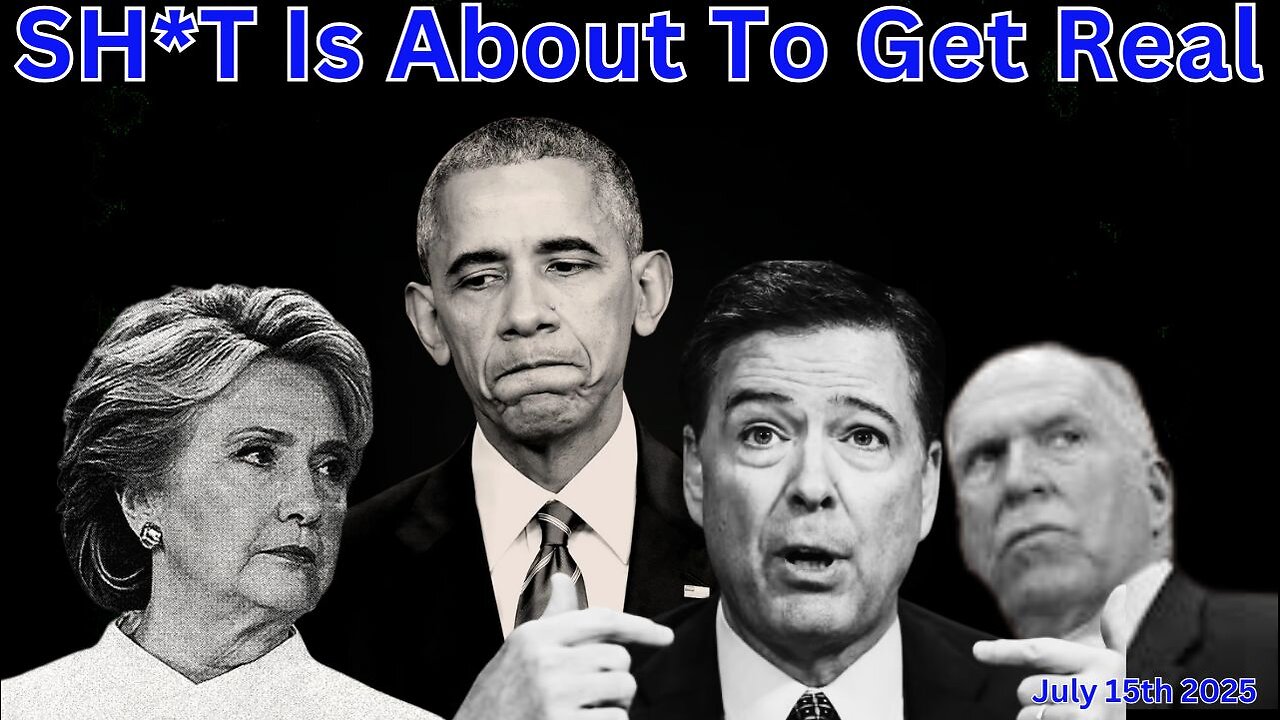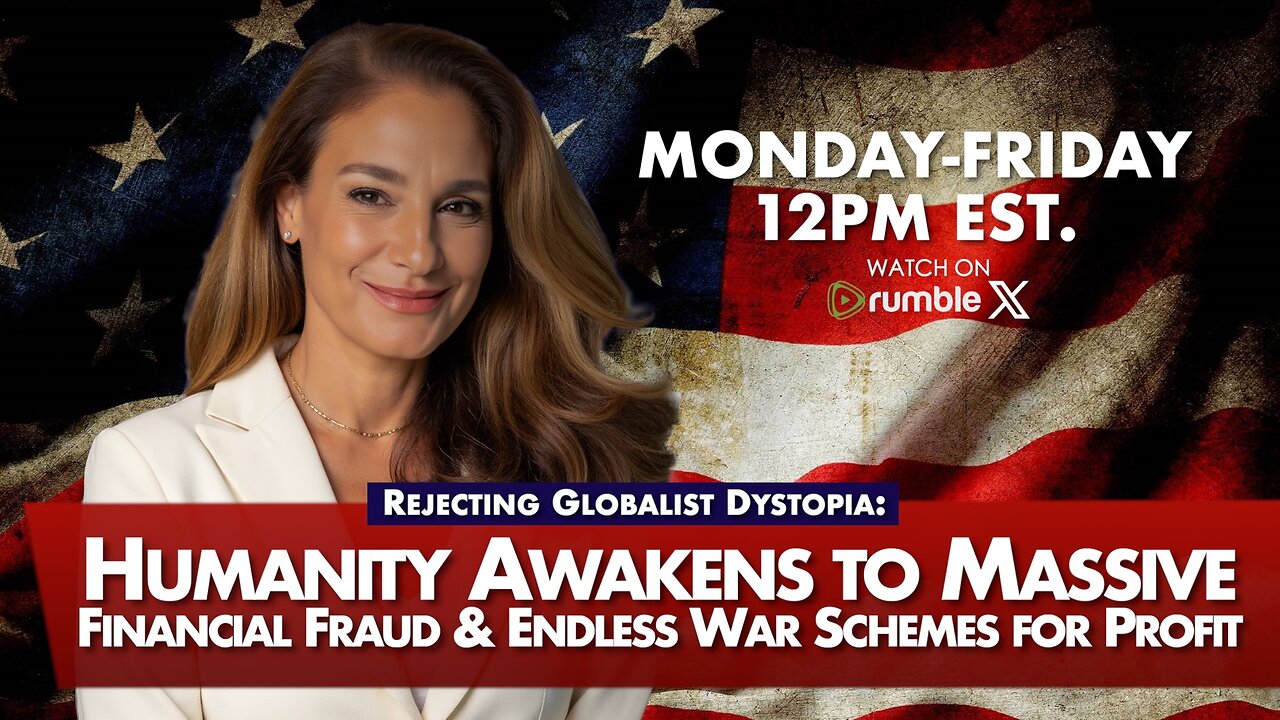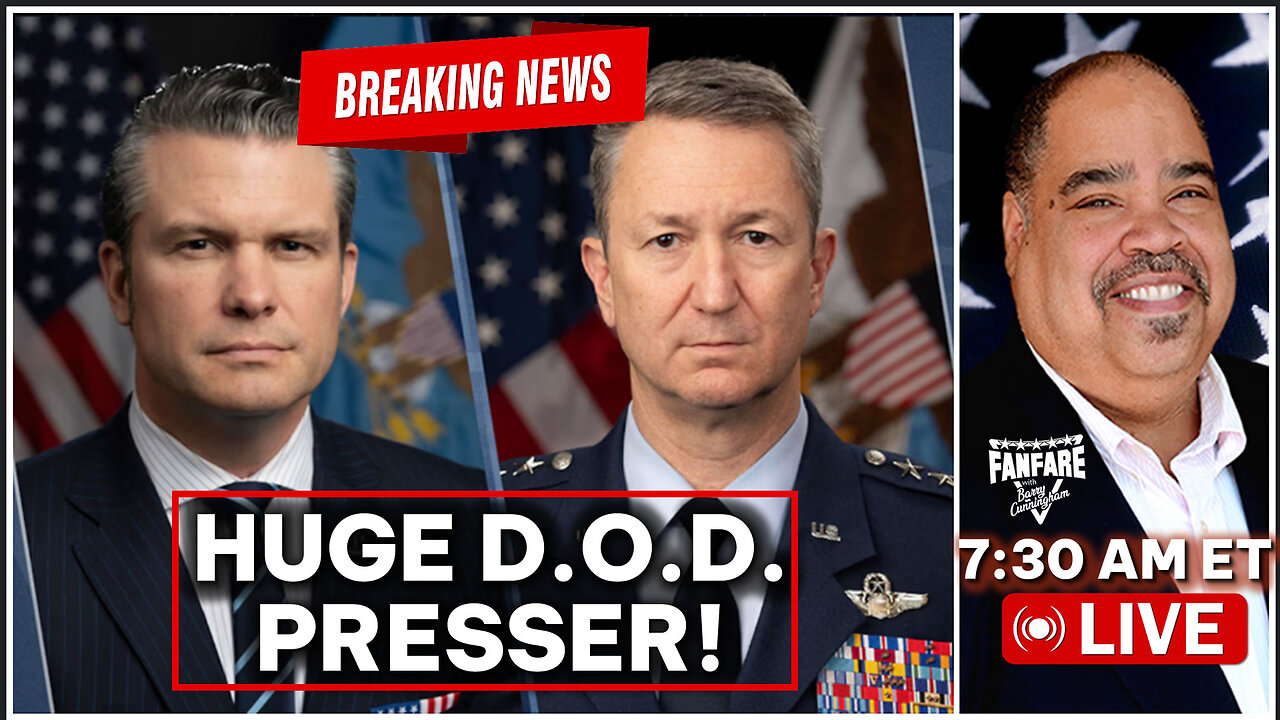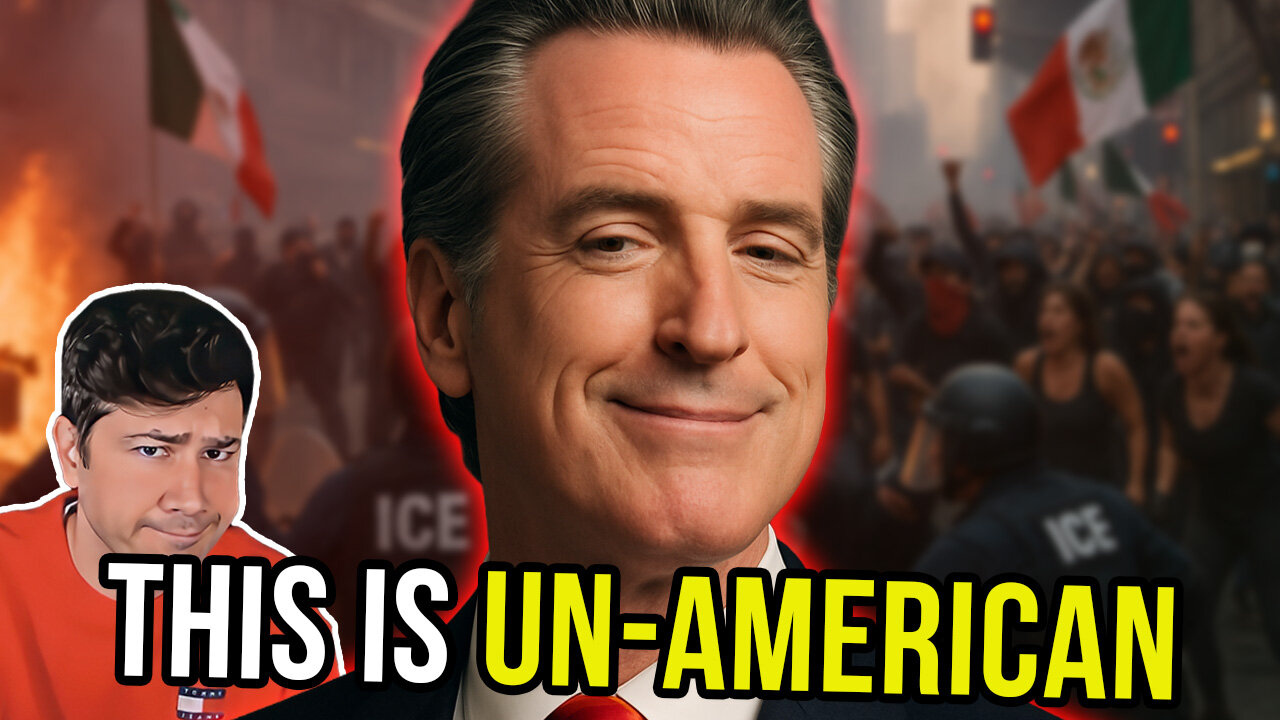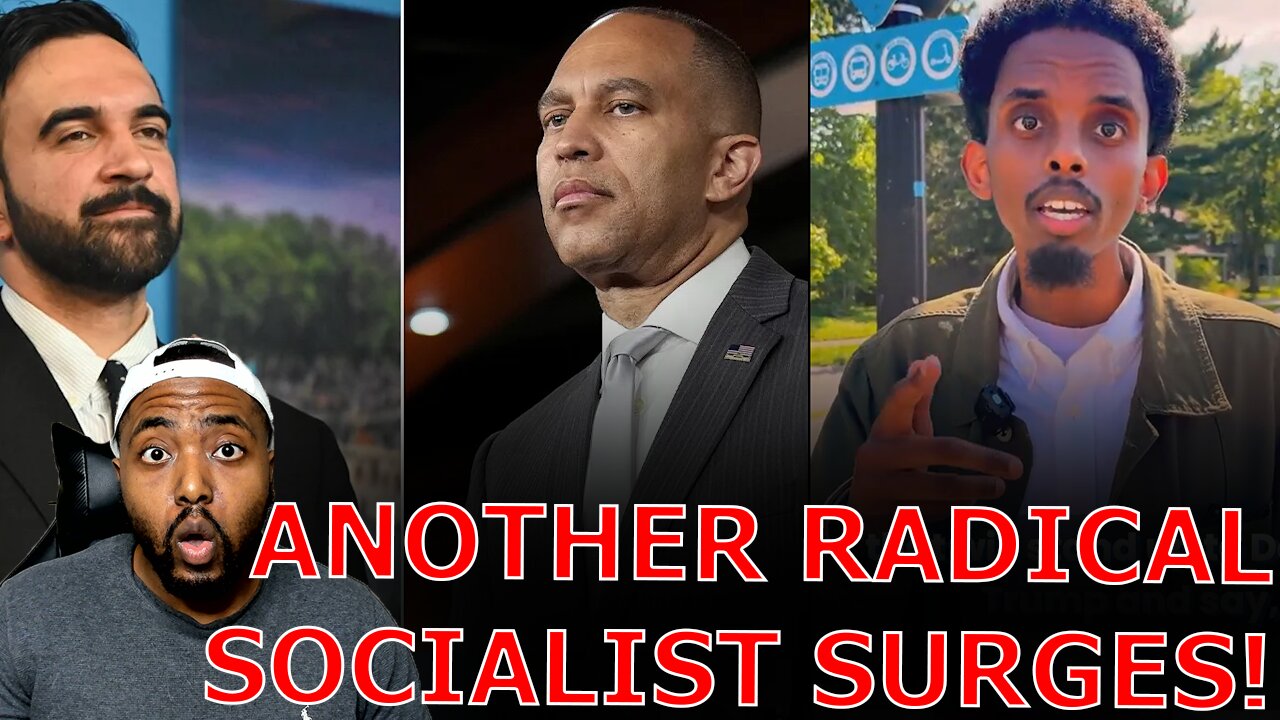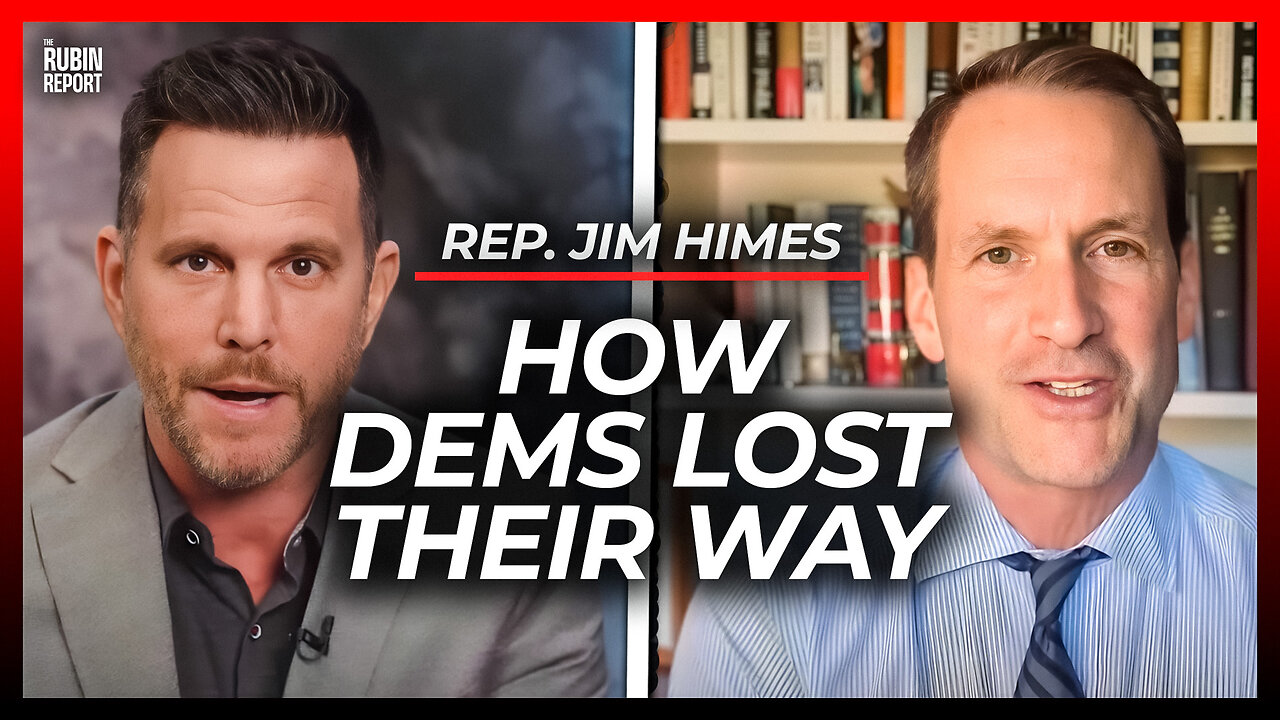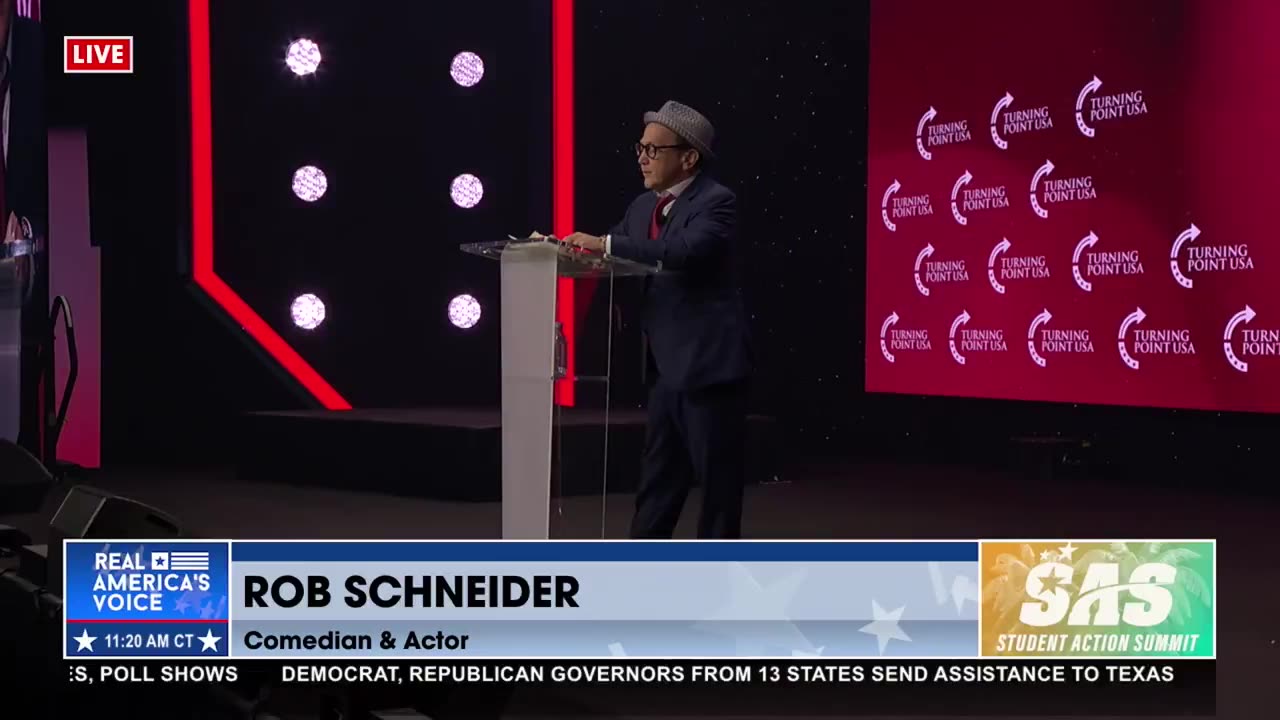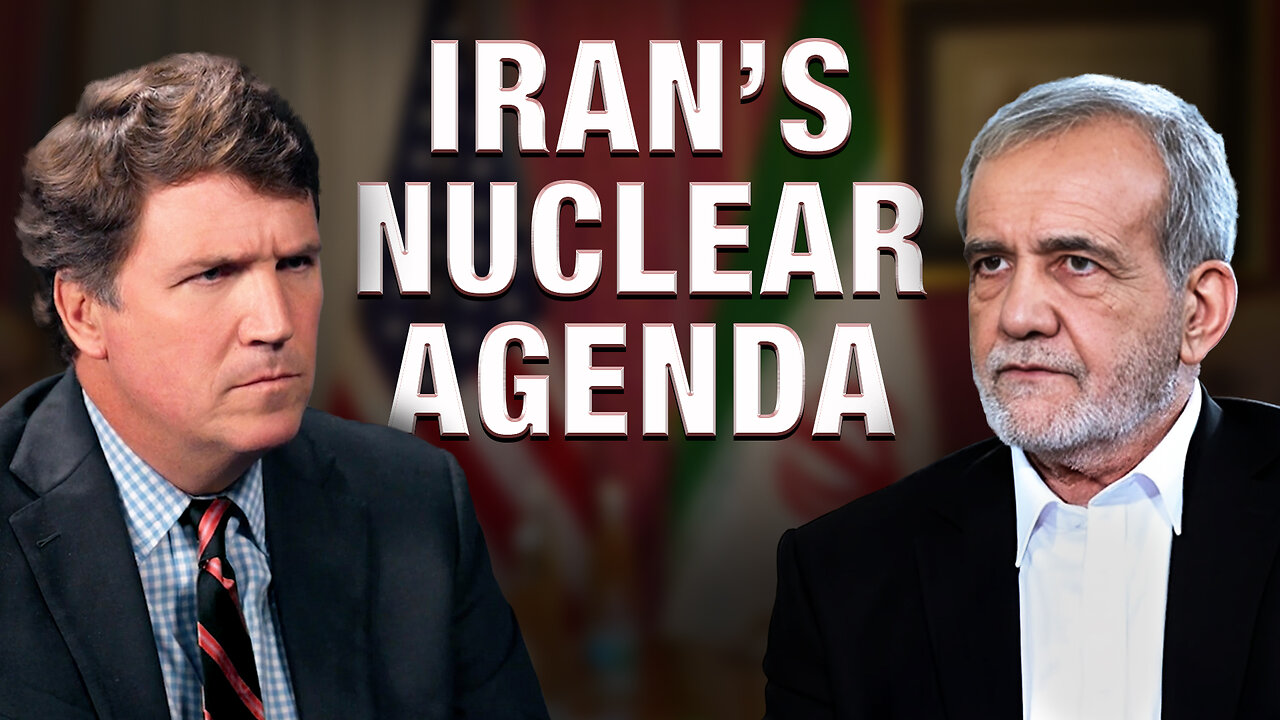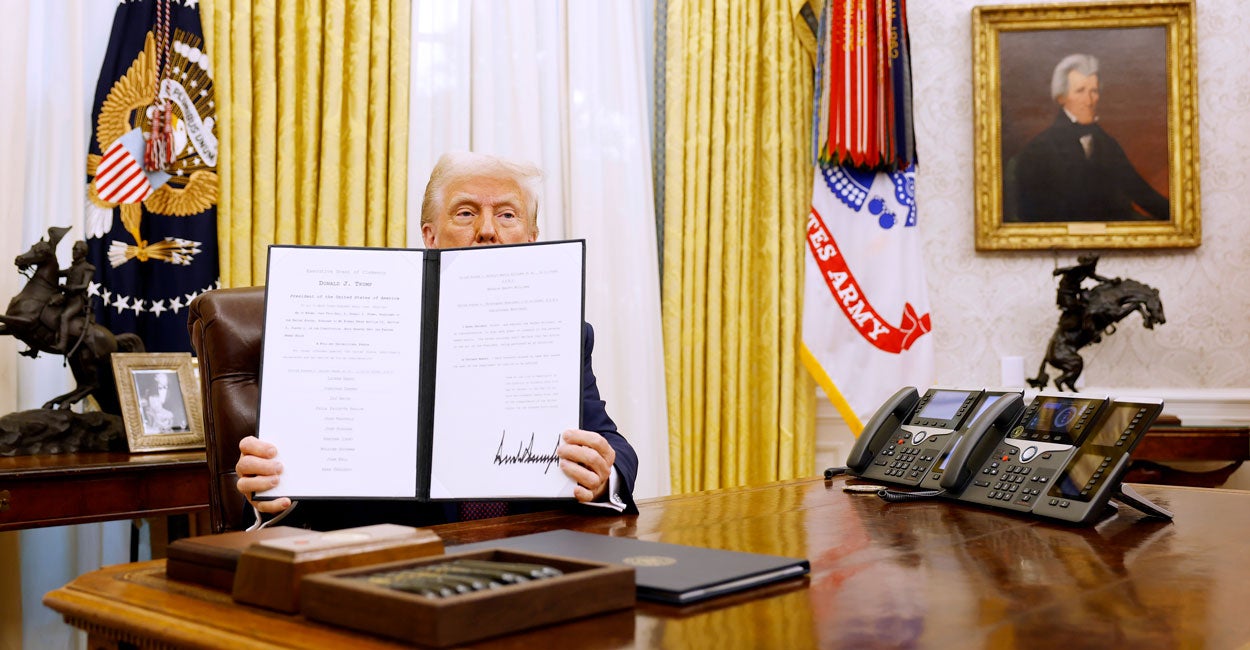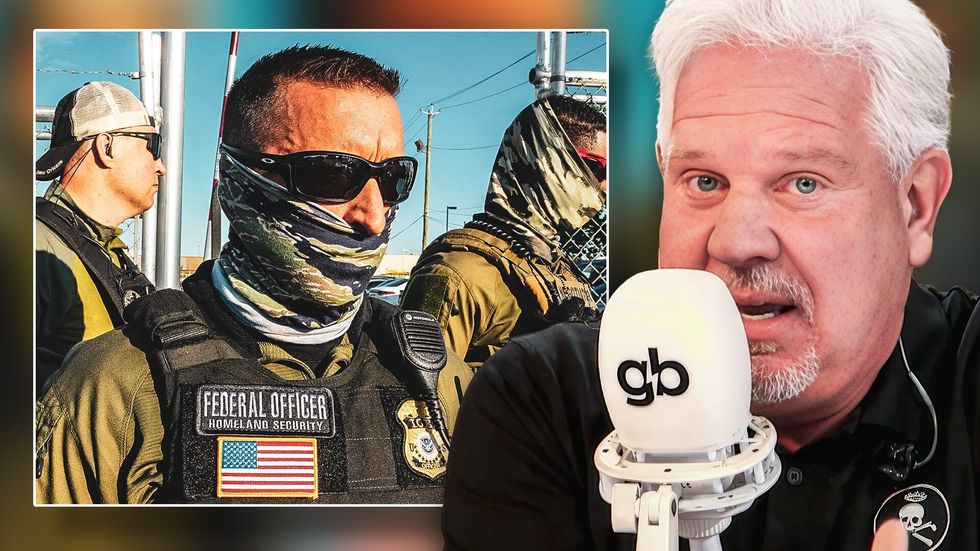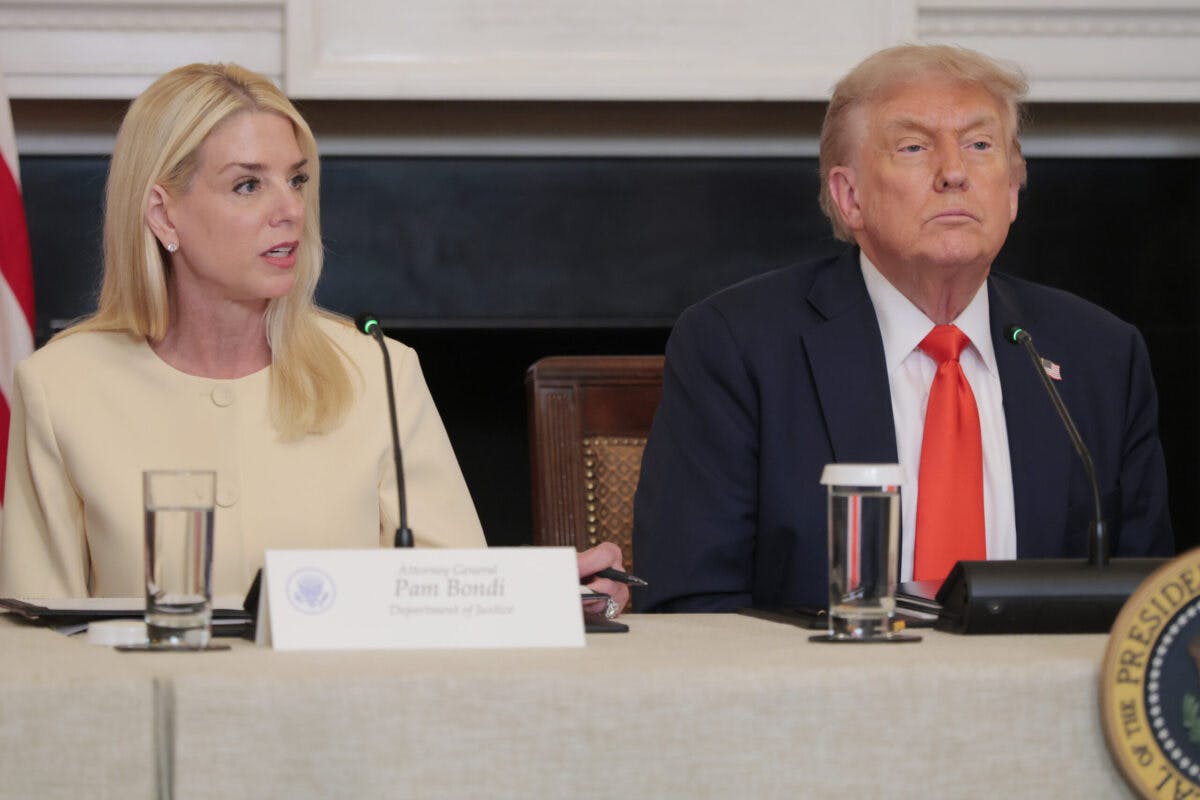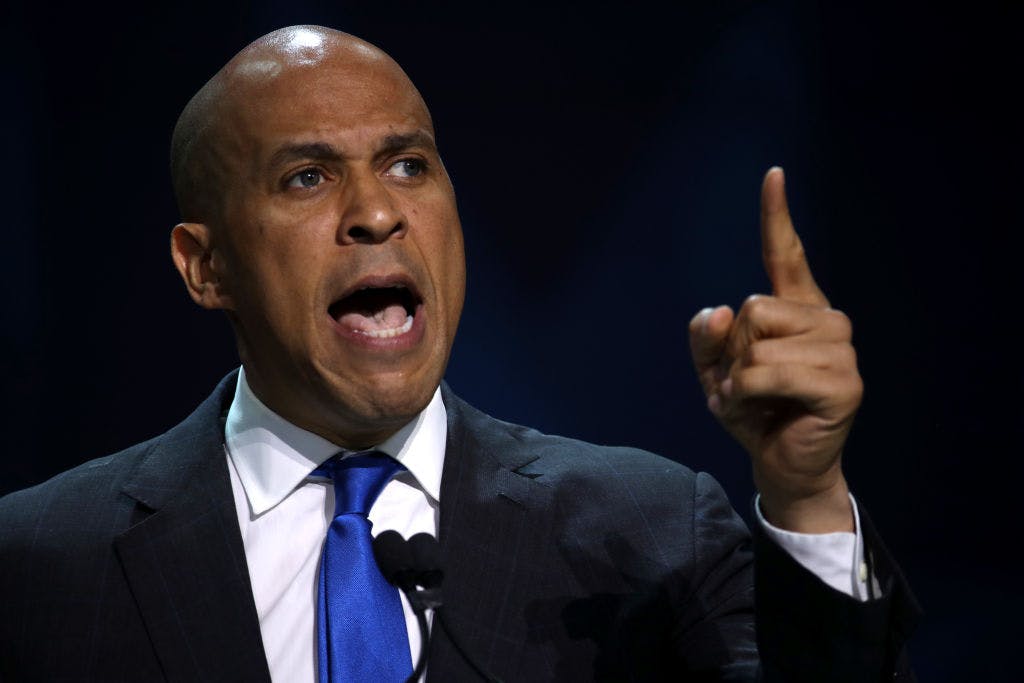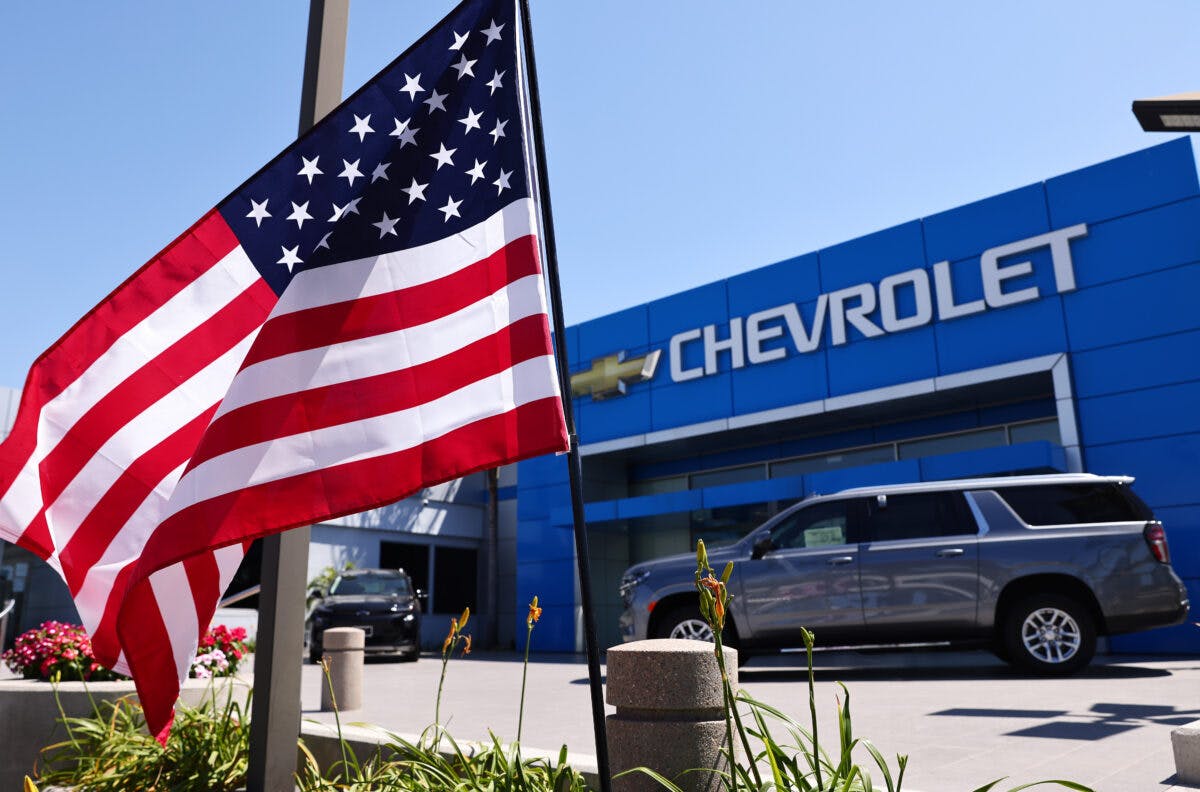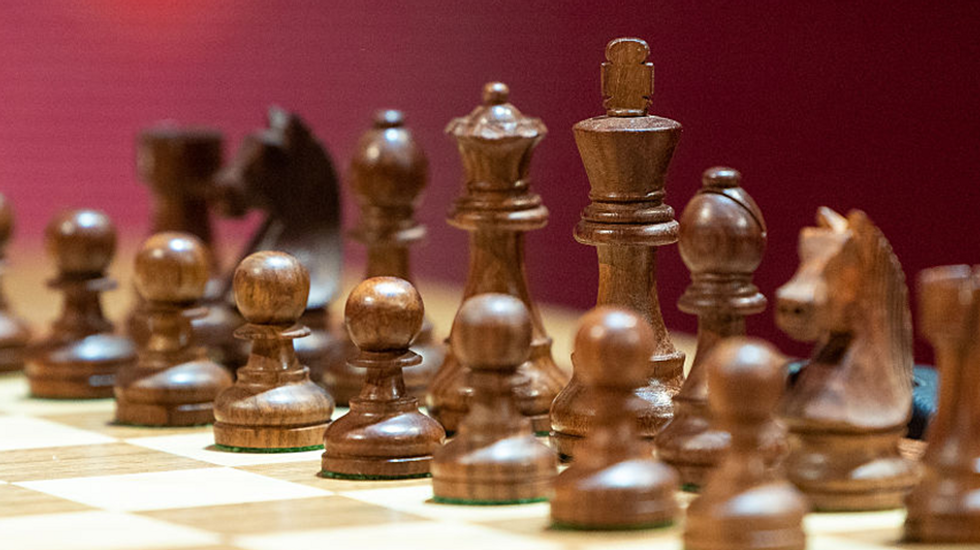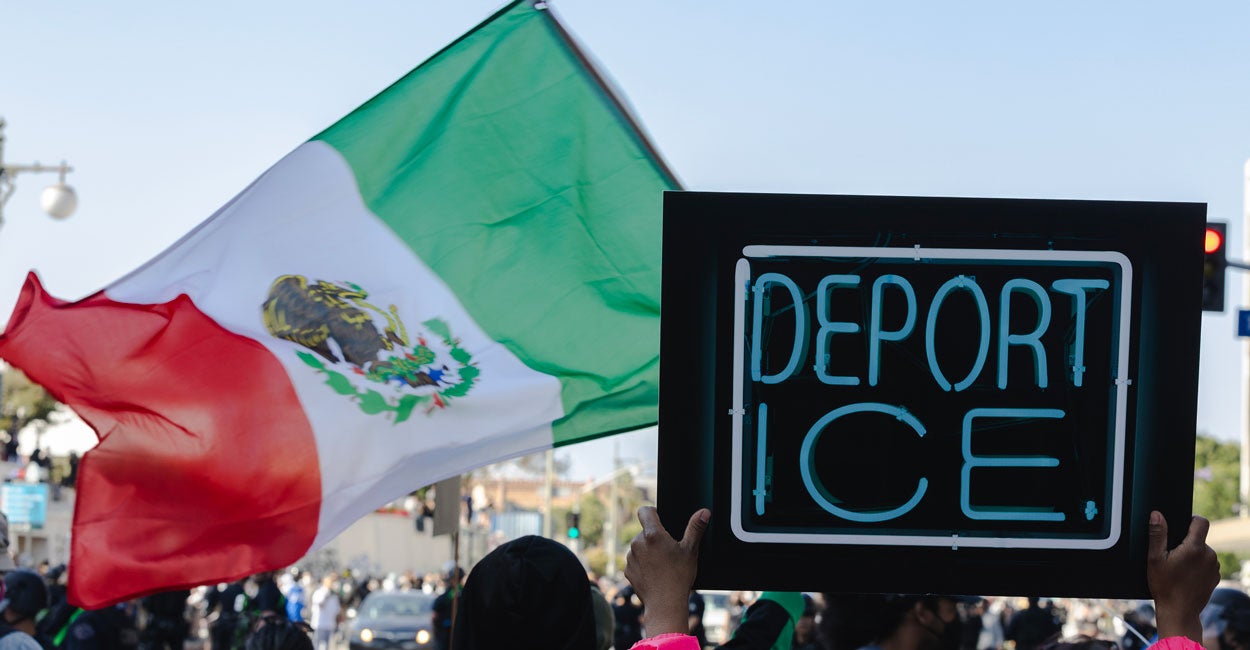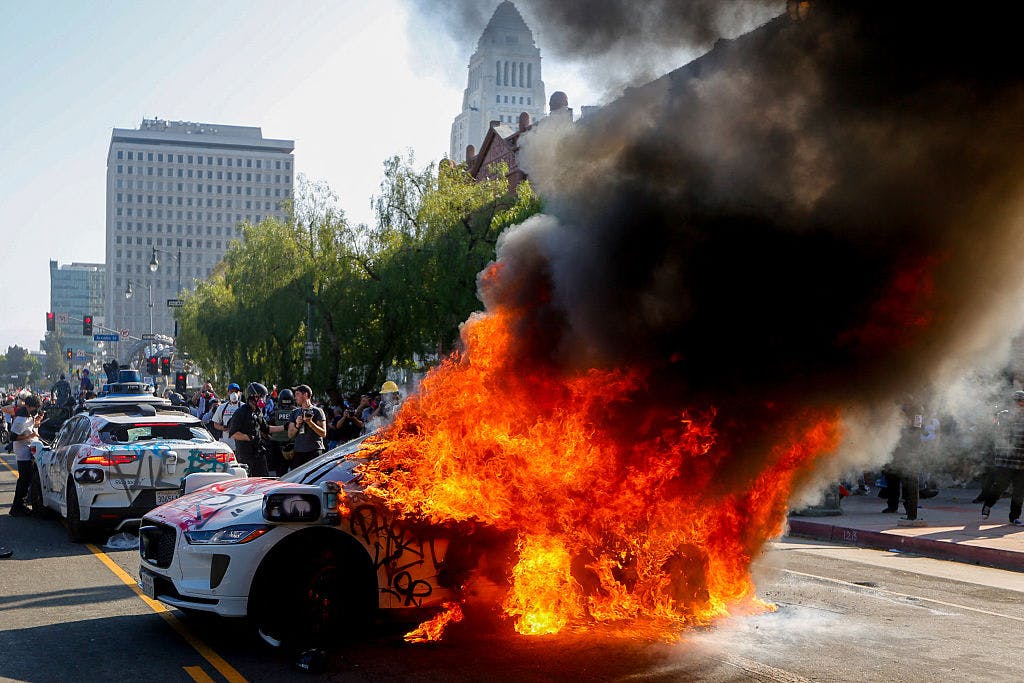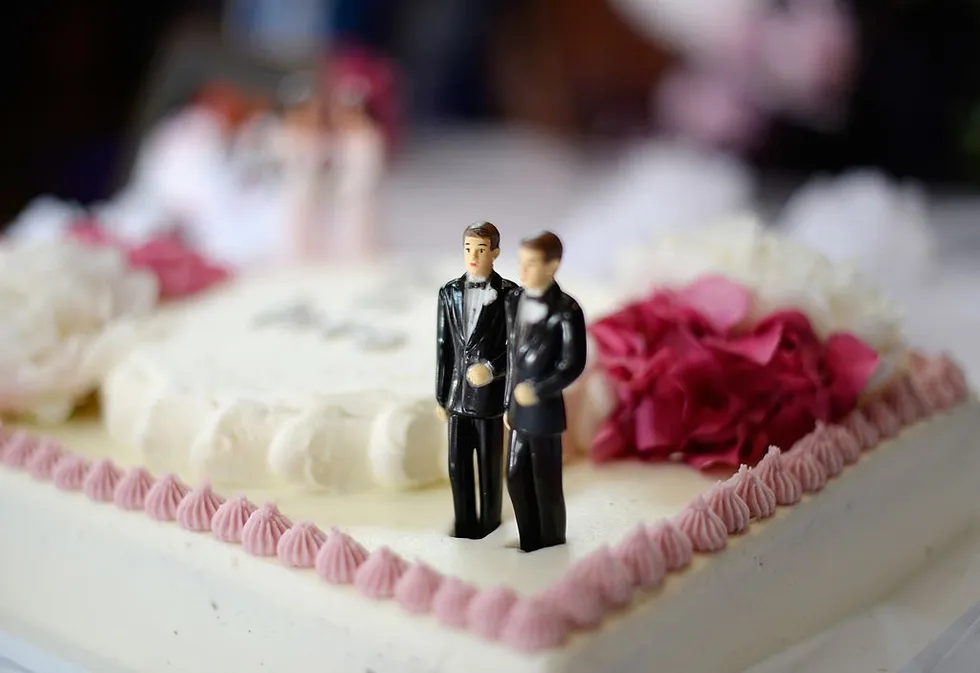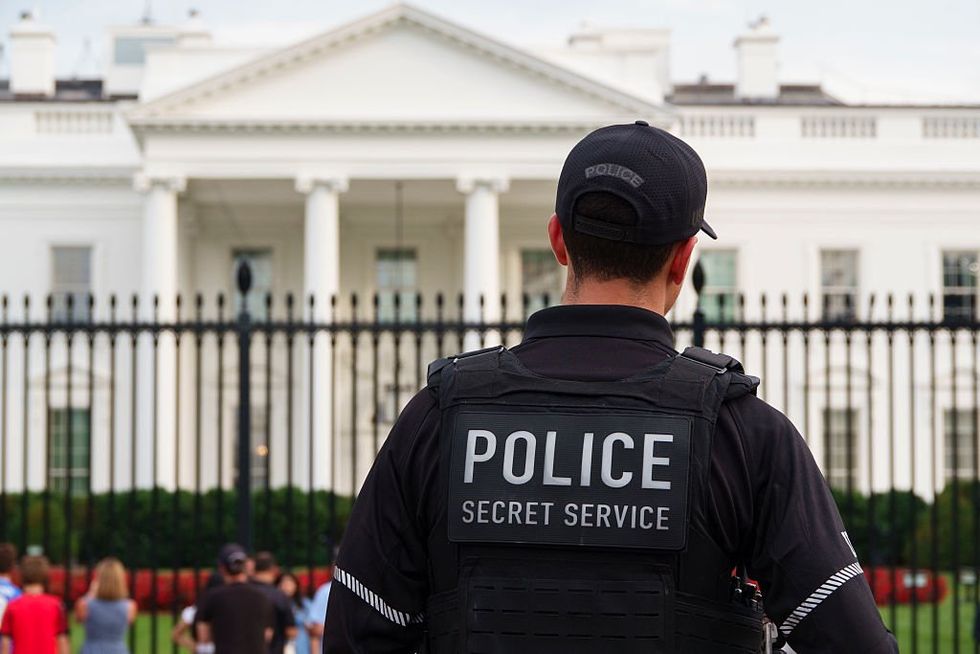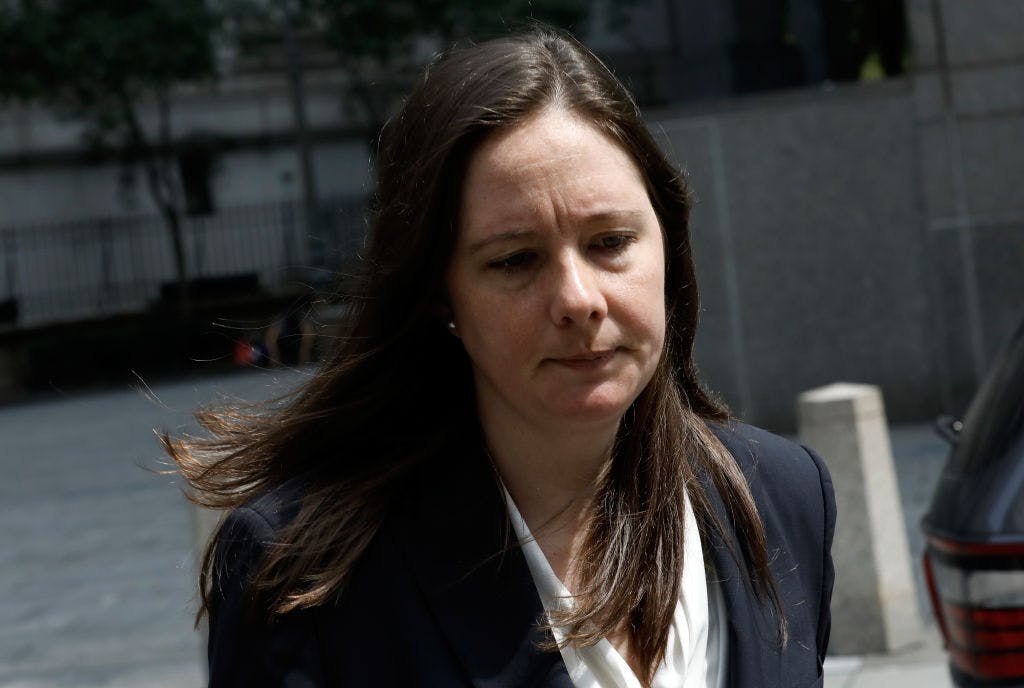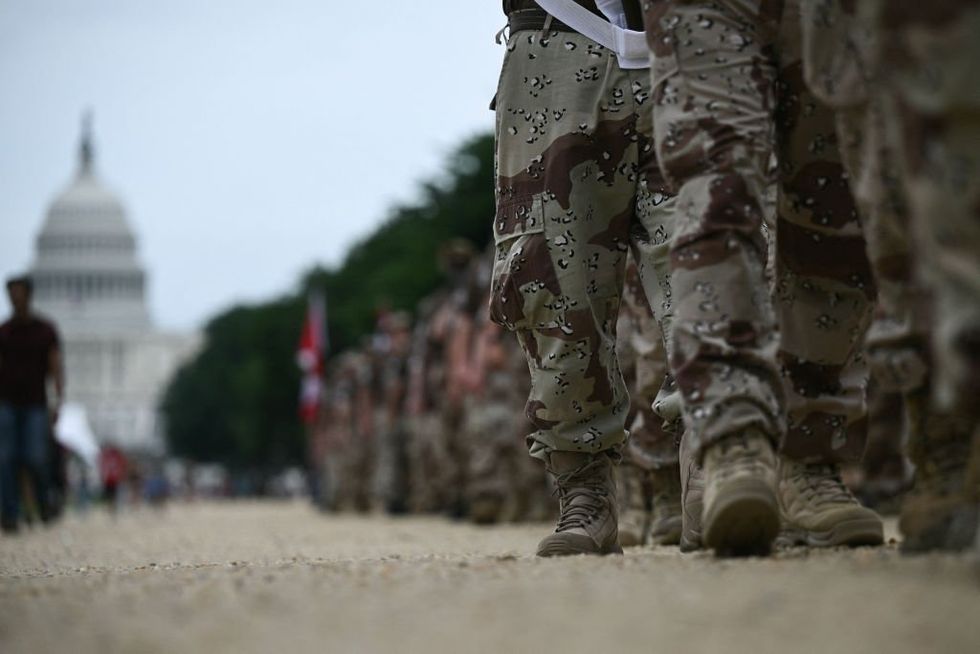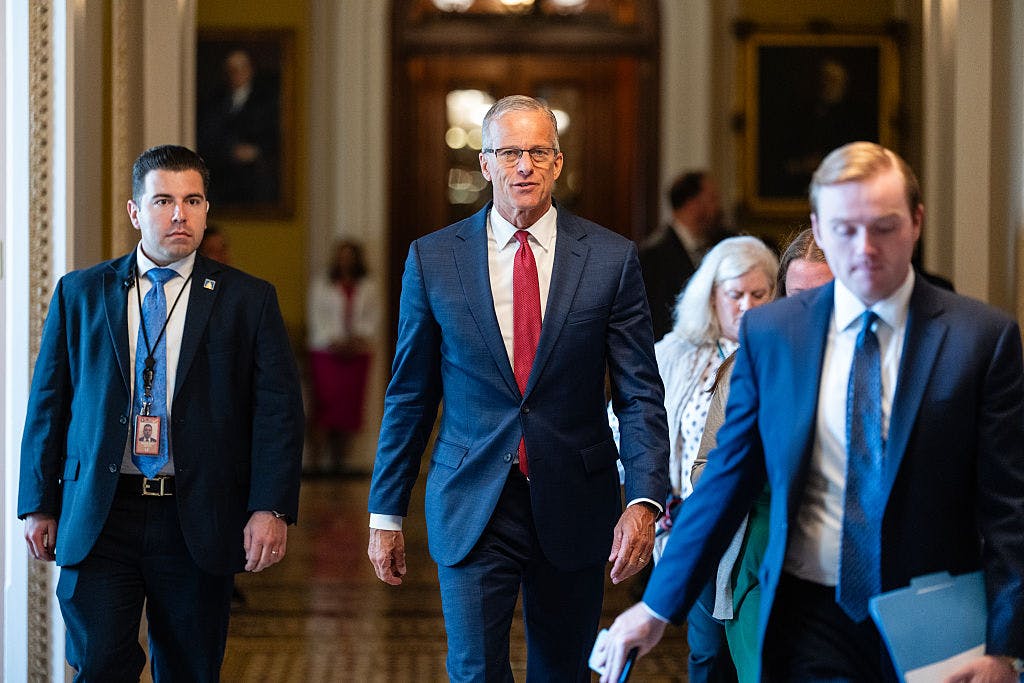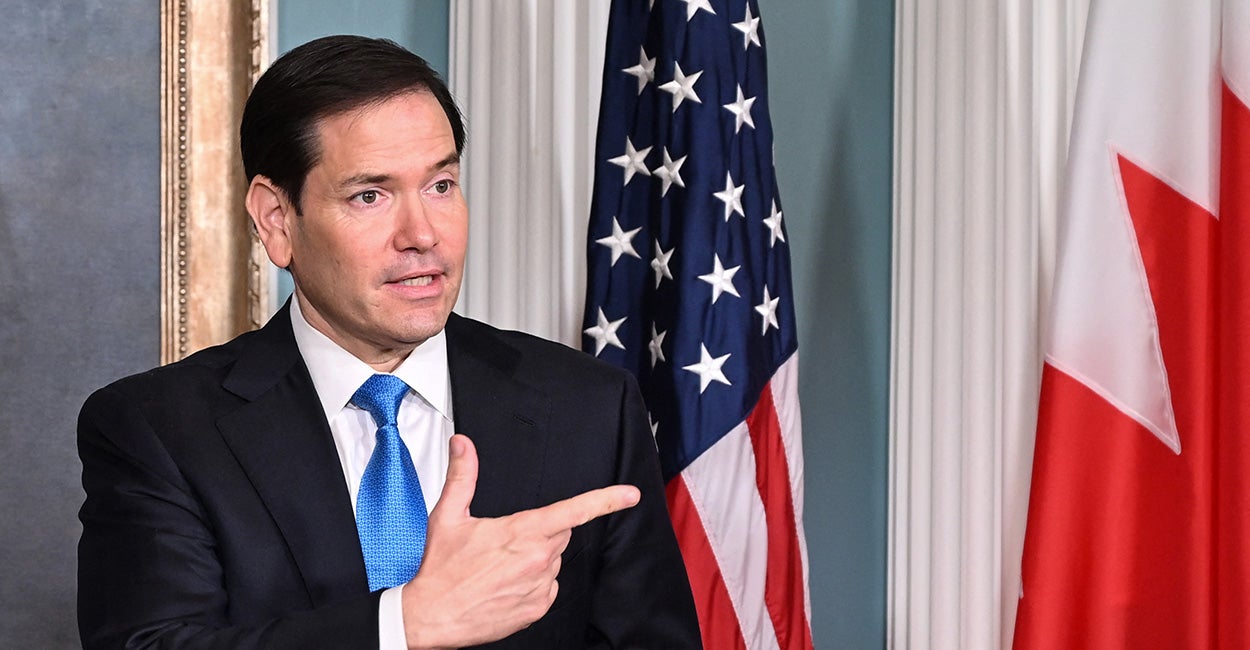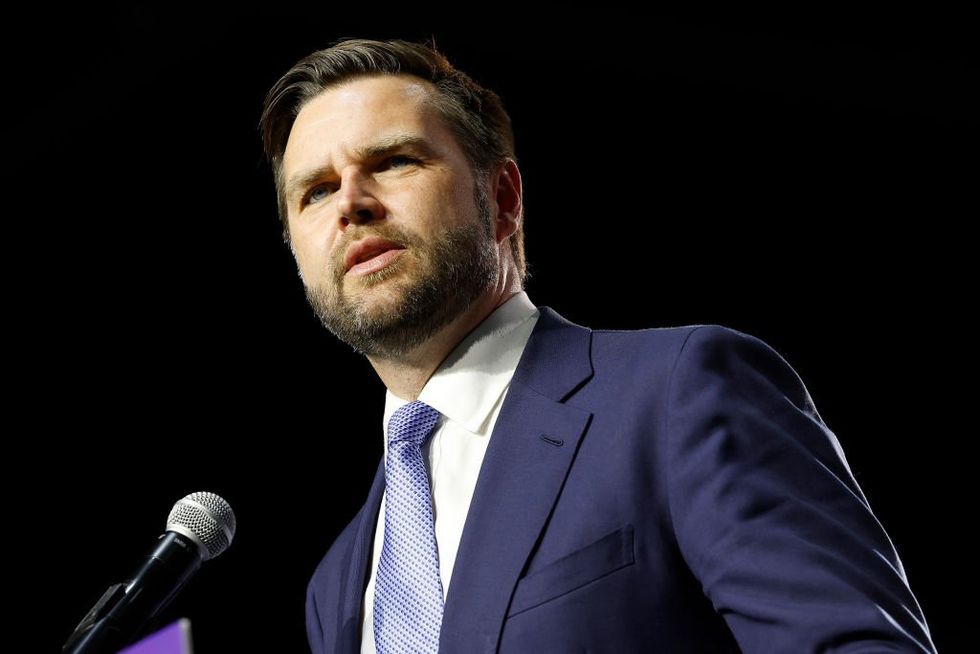Escaping woke ideology: Why I left Marxist feminism to follow Jesus
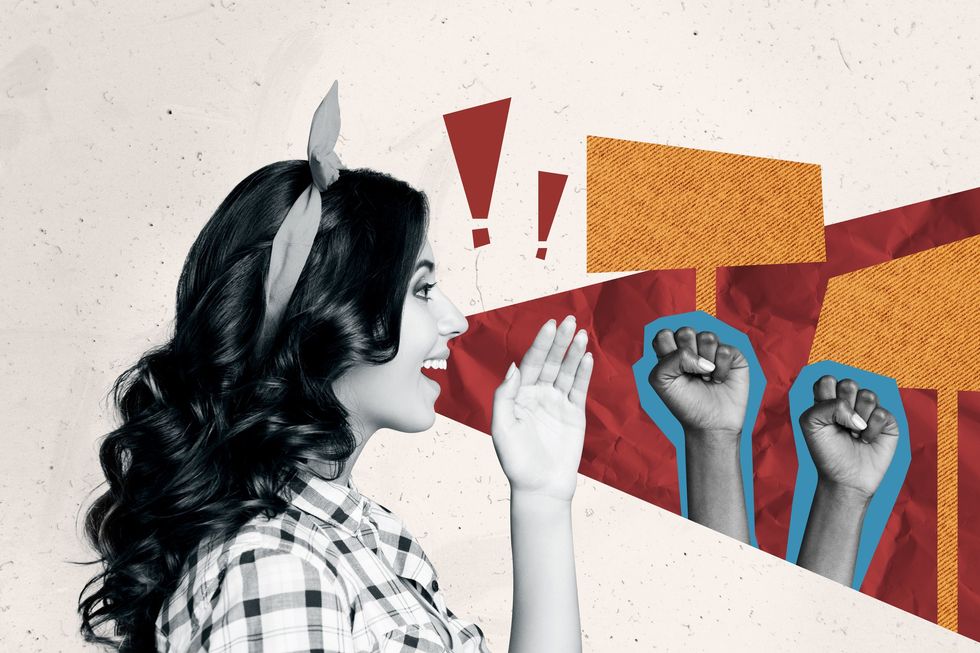

I learned I was an adopted kid in 1978, the year I turned 5. Mom read "The Chosen Baby" by Valentina Wasson to my older sister and me (she is also adopted) every night until we outgrew bedtime stories. Our young minds were encoded with the message: You’re the chosen ones; you’re the cool kids.
Being adopted was never a source of shame. Our older brothers, our parents’ biological sons, were as much our brothers and we their sisters as if we’d all come out of the same oven. Everyone in the family knew the refrain: We didn’t grow under mom’s heart; we grew in it.
We were special and never doubted it.
Too much
Being adopted made me special, but it did not immunize me from life.
I was a precocious and insatiably curious kid who never stopped asking “Why?” My inquiring mind always wanted to know. I wore my parents out, overwhelmed my teachers, and irritated my friends.
I was simply “too much” and needed to be contained, for everyone’s sanity. My kindergarten teacher labeled me a show-off and attention-seeker, giving me an unsavory reputation as a challenging child to have in class. That rep followed me like a bad penny all the way through high school.
Lord’s Day
We were faithful churchgoers, always dressed in our Sunday best. Sunday mornings were for Sunday school and “big church” in the sanctuary, and Sunday evenings were for Bible study; Wednesday worship focused on family, food, and fellowship. This was the weekly routine of good Baptists.
I accepted Jesus into my heart the same year I learned I was a chosen child. Now, I was chosen not just by my birth mother and my parents, but by God as well. Full-immersion baptism soon followed, and the deal was done.
Except it wasn’t.
We stopped attending church the year I turned 12. Differences with church elders on how to steward church funds for a new building created friction with my mom and dad. Combined with leadership’s increasing disapproval of my parents’ popular in-home Bible study, rupture was inevitable. I don’t remember the details, but suffice it to say our family was uninvited from continuing membership with the church.
Having been shown the door by the swanky church attended by the “who’s who,” we quickly became personae non gratae in accompanying social circles. It was snobbery at its finest. Make no mistake, Christians have turned intra-group snobbery into an art form.
We tried different churches here and there, but nothing ever stuck.
Church ceased being a part of my daily life for nearly 30 years. Unsurprisingly, God or, more specifically, the truth in Scripture ceased being a part of my life as well. While my family did not move into unbelief, we did become Chreasters (those who only attend services on Christmas and Easter). By the time I was in college, I slid into religious apathy and ultimately developed a disinterest in all things JC (Jesus Christ). I remained unregenerate.
Weighty matters
I was a straight-A student, power tumbler, and star cheerleader in high school. I kept the stats for the baseball team, tutored the shortstop, and worked the concession stand. To the outside world, I was an all-American girl.
But my reality was a little different. Some years earlier, I learned I was a biologically fat kid (a propensity for obesity was noted in my adoption file) trying to live in a skinny person’s body (the kind all-American girls have). And I was succeeding, until I crested 110 pounds in the ninth grade.
Over time, my sense of self-worth was tied not only to how well I contained my “too much” personality but how well I maintained the package in which the “too much” was contained. Cue the shame cycle.
Body image issues are brutal, gruesome, and insidious, especially for young girls. They lead us into dark places without resources for coping or escaping. To supplement our self-loathing and self-hatred, we engage in all manner of masochistic behavior, including cutting, disordered eating, drunkenness, and hyper-sexualization.
This destructive behavior is a misguided, dangerous, and undisciplined form of self-mortification whose sole purpose is a self-imposed penance for being “less than.” Unlike many monastic orders of old, this process was not for imitating the suffering of Christ in pursuit of spiritual things; it was for accepting the unworthiness of the body in which we were born, even if subconsciously.
The dissonance caused by the mixed messages coming at me was impossible to process. On the one hand, I was a special chosen child created in the image of a holy God with an essence and a purpose; on the other hand, I was one brownie away from having an overweight, chubby, or even fat body the mean girls would ridicule and the teenage boys would reject.
Which was right? Which mattered most?
Me, myself, and I
After high school, I bumped around a bit, ultimately landing in Erie, Pennsylvania, with my parents, who’d relocated from my hometown in Florida. Penn State Erie was local, so I began classes in the spring of 1993, a decision that changed my life forever.
Just two semesters in, I had been radicalized in the critical theories and loved every minute of it — until I didn’t.
Marxism had been mainstreamed on university campuses just a few years before I enrolled. Critical theory had replaced traditional theory, the gender sameness/difference debate was in full swing, and the newly organized LGBT movement had secured political power.
The gospel of Freud, Marx, Hegel, and Darwin replaced Matthew, Mark, Luke, and John. The salvation message of Jesus Christ was mere mythology invented by men to subordinate women. Christianity was a patriarchal discourse keeping women from escaping the evil prisons of the Gnostic demiurge who was blocking their access to the divine within.
Radical feminist Mary Daly wrote: “‘God's plan' is often a front for men's plans and a cover for inadequacy, ignorance, and evil.” Her claim seemed far-fetched, but maybe it had a kernel of truth? I started to believe her. I had no clue how to defend my anemic Christianity against these critics or their claims, so I was a sitting duck, a ripe recruit for the consciousness-raising cadres on campus.
Waking up to my own oppression as a woman whose body had been ill considered and whose sexuality had been condemned to monogamy felt like the most honest thing I’d done in all of my life. I was laying bare the contradictions of my soul and asking anyone and everyone to help me make sense of them. The church was ineffective; the feminists took me in. Their position was well articulated by Susie Bright: “When a young woman discovers her power, both sexual and intellectual, she unleashes her own voice, her righteousness.” I woke up to my voice and my victimhood, and things were beginning to make sense. I became “woke.”
The next several years saw the exploration of intellectually seductive, albeit highly manipulative, thought forms that challenged me to examine the belief systems on which I was raised and that I’d trusted without question. I needed to test my newly acquired knowledge before self-amputating from everything, and possibly everyone, I knew.
Slowly, I began to resist Christianity, or at least what I understood Christianity to be, primarily on the grounds that the moral straitjacket it required cramped my ability to break free from years of abusive oppression. I was finally on a path to self-righteousness. My liberation would come from leveraging my sexual and intellectual power in spite of the dominant ideologies (aka Christianity) that say women should stay home and make babies (even though they don’t say that at all).
Freedom for women comes not from Christ’s atoning work on the cross, but through the grandiose release of collective libidinal energy from all of the whores next door.
The long walk home
Marxian feminism ensnared my mind and emotions in a nihilistic trap for many years. Condemnation, doubt, fear, and depression were the bitter fruits of my choices. Feminist activism through promiscuity ultimately gave way to addiction and demoralization.
Make no mistake, feminism fans no flames of freedom — it just delivers a broken heart and low self-esteem.
For the next two decades, I wandered through an ideological wilderness, always looking for the truth, but preferably not in “being a Baptist.” During my journey, I found my birth mother, married two husbands (not at the same time), traveled the world, and graduated from law school. I started a business, and 13 years later, I lost that business. I built idols of identity, stature, and fancy things, only to have them smashed in my face. I became a pile of shrapnel, the collateral damage of a hedonistic life.
Fallopians 19:73
When Roe v. Wade was overturned in June 2022, I woke up from a long, slovenly sleep in the land of ideological compromise. I was a prolific writer on social media and was gobsmacked by the shocking display of bravado by women who claimed a special privilege for terminating their pregnancies. But for these abortions, their access to economic independence and bodily autonomy would have been denied. It wasn’t their merit or competence that sourced their social power; it was their empty uteruses.
I found my birth mother when I was 21; she was 35. She delivered me at age 14 on November 22, 1973.
Initially, I was due on October 22, 1973. This meant that by the time she saw the doctor, my birth mother was a month too far along to have an abortion, even though a brand-new case called Roe v. Wade, decided January 22, 1973, legalized abortion in the first trimester nationwide. October 22 came and went; no baby. Exactly one month later, a baby. The doctor’s mistake saved my life.
Naturally, this complicated my feminist views of sex and the body in unsettling ways. After a season of vacillating, I became a fence-sitter on abortion, ultimately taking the coward’s way out of the discussion because “I’d never been pregnant.” Who was I to judge? Plus, I wasn’t violating the sardonic command of Fallopians 19:73: “He who hath nay uterus shall shutteth … up.” I was a woman, but I was shuttething up nonetheless. I was a fool.
As late as the spring of 2022, I still hadn’t taken a public stand on the life issue outside a very tight circle, since I was still struggling with the “tough” cases of rape and incest. I needed to learn more, so I started to study.
What lies beneath
I was no longer interested in the litany of arguments supporting women’s liberation from unwanted pregnancies. I knew those better than most who espouse them. What I did want was to understand the path one must travel to arrive, and remain, at a place that demands adherence to an inconsistent, incoherent, and indecipherable position on the vesting of value in a human life: on deciding when a human fetus becomes a person who merits protection under the law.
While studying, I learned the concept of worldview and its epic usefulness in understanding why we think the way we do. It was exactly what I needed to comprehend the hive mind infiltrating my inbox. It was also what I needed to finally understand the full story of Christianity, that is, historical, biblical Christianity, not the littered mess of modern-day Christendom promoting a counterfeit Christ throughout the culture.
By reverse-engineering the range of worldviews underlying our modern ideas, I was able to work meticulously through the logical consequences that flow from their systematic implementation, from the beginning of time to the end of time. It wasn’t long before I realized that the biblical worldview — not a Marxist, postmodernist, New Age, or other worldview — was the only internally consistent, sufficient, coherent, and complete one on the menu.
Nothing else even came close, at least not without borrowing from the biblical worldview to fill in the missing parts, such as an inalienable pre-political right to life.
I was utterly dumbfounded. Not only was biblical Christianity true, it provided a comprehensive explanation for the world and everything in it. It provided rational answers to every question I could find about the nature and purpose of life. All I had to do was believe it.
I’d never heard Christianity described this way, and I’m a little bummed that it took so many years for me to hear it.
A full-orbed faith
The evidence was in, and I had two choices.
- Believe God, take Him at His word, and abide in His promises, or
- Reject God and go it alone.
I immediately recalled Joshua’s challenge to the unbelieving Israelites:
… choose you this day whom ye will serve; whether the gods which your fathers served that were on the other side of the flood, or the gods of the Amorites, in whose land ye dwell: but as for me and my house, we will serve the Lord. (Joshua 24:15, KJV)
I imagined Joshua standing at my door admonishing me to get off of the coward’s fence and choose, once and for all, whom I will serve: the God who made you and saved you or the idols of man who neither made you nor saved you, but always seek to devour you.
I chose God, and I still choose God, all day, every day.
The deal, at last, was done.
And He did it all.
I just had to say yes.
I am crucified with Christ: nevertheless I live; yet not I, but Christ liveth in me: and the life which I now live in the flesh I live by the faith of the Son of God, who loved me, and gave himself for me. (Galatians 2:20, KJV)
This article is adapted from a post that originally appeared on the "Worldview Bulletin" Substack.
Originally Published at Daily Wire, Daily Signal, or The Blaze
What's Your Reaction?
 Like
0
Like
0
 Dislike
0
Dislike
0
 Love
0
Love
0
 Funny
0
Funny
0
 Angry
0
Angry
0
 Sad
0
Sad
0
 Wow
0
Wow
0

